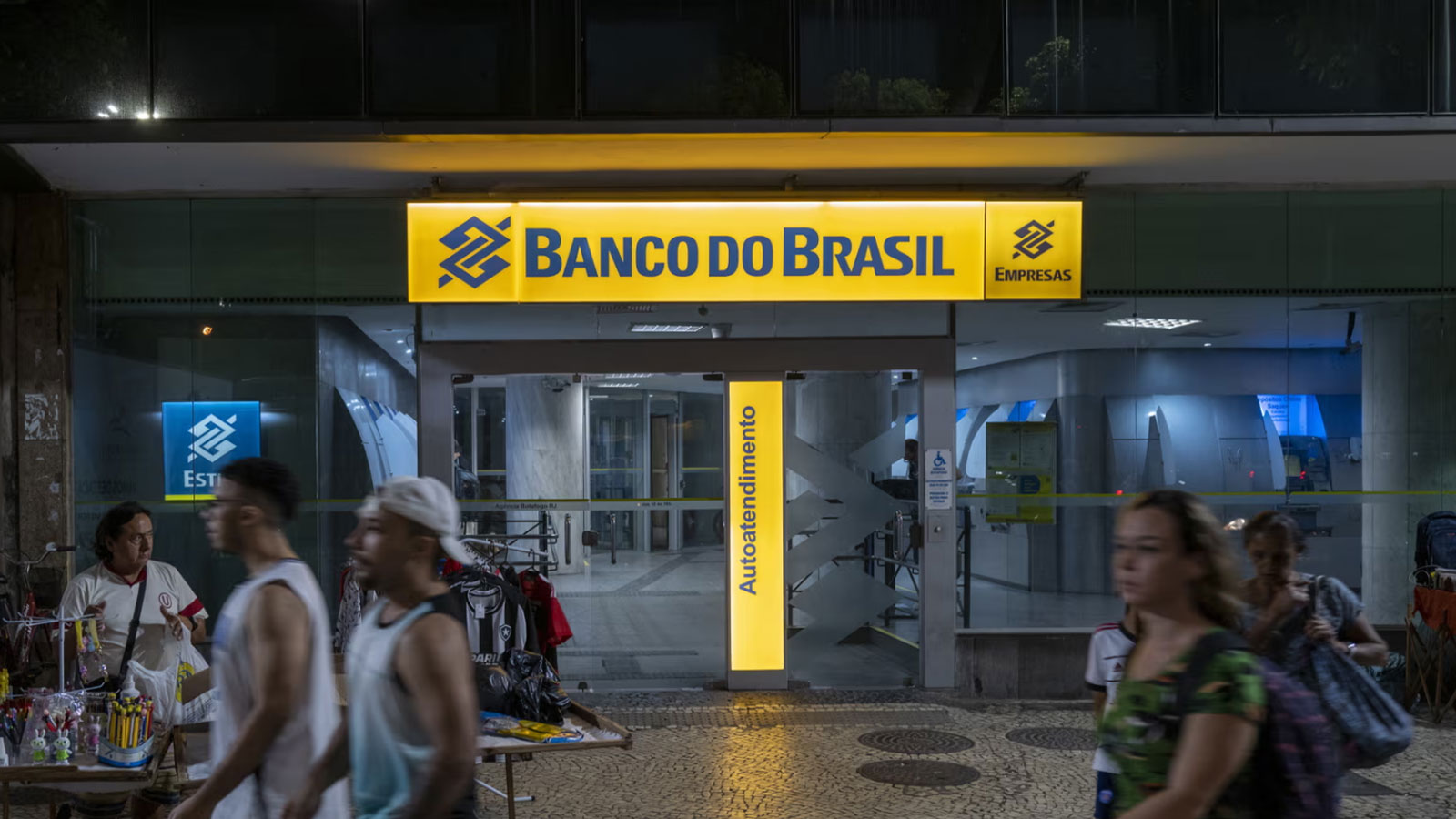Banco do Brasil, one of country’s biggest banks, under scrutiny as institutions called to account for role in trafficking of Africans.
By Constance Malleret, The Guardian —
Brazilian prosecutors have launched a civil investigation into one of the country’s largest banks’ historical links to slavery, in an unprecedented move to hold Brazilian institutions to account for their role in the enslavement of millions of Africans.
Banco do Brasil was notified this week of the public inquiry seeking reparations for the bank’s connections with the transatlantic trafficking of Black people.
Prosecutors decided to act after a group of historians brought their attention to the bank’s dark history and stressed the importance of publicly acknowledging institutions’ past ties with slavery and discussing reparations.
Brazil was the last country in the Americas to abolish slavery and has struggled to come to terms with this legacy, long concealing institutionalised racism behind the myth that it was a racial democracy.
While Brazilian society has taken steps towards acknowledging the role slavery played in the construction of the majority-Black nation, the country “had yet to start confronting institutions and individuals over their responsibility for slave trafficking”, said Martha Abreu, one of the academics involved in the inquiry.
“The time has come for this information to become public,” said the historian from the Federal Fluminense University in Rio de Janeiro.
The imperial state closed its eyes, crossed its arms, and allowed the entry into Brazil of nearly one million enslaved Africans — Martha Abreu
Banco do Brasil – today Brazil’s second-largest public bank – was first established in 1808. Historians say the financial institution was founded with capital derived from slavery-based economic activities and funded public efforts to keep the slave trade alive and prevent abolition. Research has identified various individuals, known to own or trade enslaved people, who occupied important positions at the bank throughout the 19th century.
One of them was José Bernardino de Sá, a main shareholder of Banco do Brasil following its re-establishment in 1853 after a liquidation process, and a notorious slave trafficker. According to historians, Bernardino de Sá was responsible for the forced disembarkation of about 19,000 Africans in south-eastern Brazil between 1825 and 1851 – a period during which the slave trade was, for the most part, illegal.
Brazil officially outlawed the slave trade in 1831 under pressure from Britain, but in practice little changed. Of the 5 million enslaved people forcibly taken to Brazil from the 16th century onwards – more than any other country in the Americas – nearly 800,000 arrived after that date. Slavery was only abolished in 1888.
“Patricians and institutions were complicit in the illegality of slave trafficking after the treaty of 1831. The imperial state closed its eyes, crossed its arms, and allowed the entry into Brazil of nearly one million enslaved Africans,” said Abreu.
“Institutions made a profit and accumulated power from this, and they need to take responsibility for that today … as has been happening all over the world,” she added.
The 28-page document in which prosecutors addressed the bank’s slavery links references international efforts for slavery reparations, including the apology by the Guardian’s owners for the role the newspaper’s founders had in transatlantic slavery and the newspaper’s announcement of a restorative justice programme.
Prosecutors are requesting that Banco do Brasil share facts about its historical and financial links with slave traffickers and slavery, as well as volunteer information on possible reparations such as the funding of research projects.
“We hope the bank will get involved in this discussion [on the type of reparations needed] and will help us tell this story,” said Abreu, adding that Banco do Brasil would just be the first of many.
Tiago Rogero, a journalist and creator of a podcast series exploring Brazil’s often erased Black history, is optimistic that the inquiry can contribute to making slavery reparations a reality in Brazil. He hopes that accountability from institutions will prompt some deeper soul-searching among the Brazilian families who made their fortunes out of the exploitation of fellow humans.
“These people act as if it wasn’t their problem. I hope this movement for reparations takes place not just in the public arena but also in the private sphere,” he said.
Source: The Guardian
Featured image: Banco do Brasil. Photograph: Bloomberg/Getty Images.


